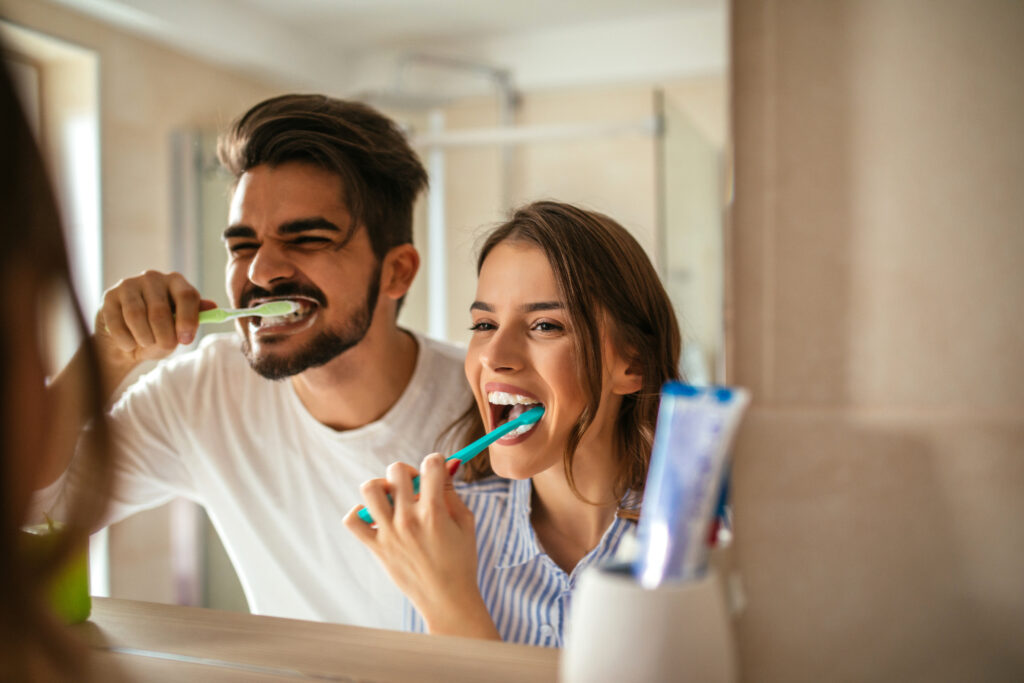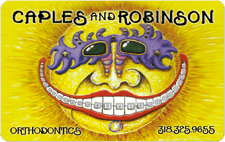
Braces can be life-changing for people who would benefit from a straighter smile. Here are answers to your most common questions about orthodontics.
What are the benefits of orthodontics?
Straight teeth can improve the way you bite, chew, and even speak. Properly aligned teeth are easier to keep clean. They collect less plaque and promote healthier gums. A straight smile can also contribute to self-confidence at almost every age.
When should I consider braces?
Primary reasons for getting braces include teeth crowding and spacing issues, an overbite, underbite, or crossbite, and jaw misalignment.
Will braces hurt?
Although wearing braces usually doesn’t hurt, you may feel slight discomfort the first few days after getting them or immediately after periodic adjustments. Your teeth are simply adjusting to the pressure needed to move them into an optimal position.
Can adults benefit from orthodontics?
Yes. Adults account for one in four new orthodontic cases, according to the American Association of Orthodontists (AAO). Teeth can be treated at any age to create a healthy, straight smile. Many orthodontic problems can be corrected as easily for adults as for children.
What is the best age to visit the orthodontist?
The AAO recommends that children get an initial evaluation at age seven. If you bring your child to our orthodontic practice, our doctor will monitor their bite and begin treatment later if it’s needed.
Do I need to brush my teeth more often when I get braces?
When you have braces, it is important to brush your teeth after every meal, if possible, to prevent food from getting stuck between teeth or in the hardware. It is also vital to floss frequently. Rinse vigorously with water when you’re on the go and can’t brush.
How long does orthodontic treatment take?
It depends on the individual. Teeth must be moved very slowly to avoid damaging the roots. However, you can keep the process on track by following our doctor’s instructions. If you are required to wear rubber bands, for example, make sure to wear them as directed by our 71201 orthodontist.
How often should I visit my general dentist while I have braces?
When you are wearing traditional braces, it is easier for food to get stuck in places where your toothbrush can’t reach; so even with good oral hygiene at home, it is important to keep up with general dentist appointments as directed.
Will having braces interfere with playing sports or a musical instrument?
Not at all. Braces will not stop you or your child from participating in either activity. However, if you are playing a contact or ball sport, talk to our orthodontist to get fitted for a [protective mouthguard.If you have more questions about traditional braces, clear aligners, or other forms of orthodontic care, please give our Monroe, LA orthodontics office a call.









